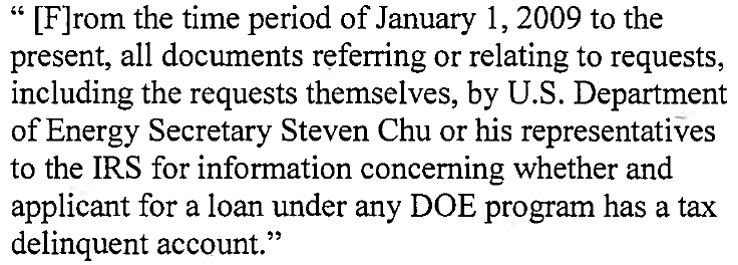Read the full story: Newsmax
The Obama administration is refusing to release more than 500 documents related to the Internal Revenue Service’s targeting of conservative groups as investigations continue into the scandal, according to The Hill… TIGTA has come under fire in the past from outside groups for refusing to be forthcoming with other FOIA requests. Cause of Action, a nonprofit group, sued TIGTA after announcing in December that the agency refused to turn over more than 2,000 documents.



